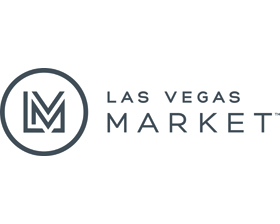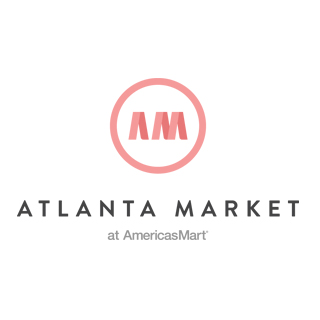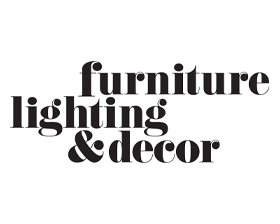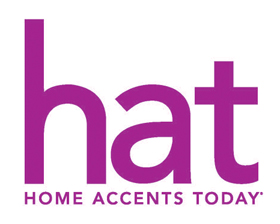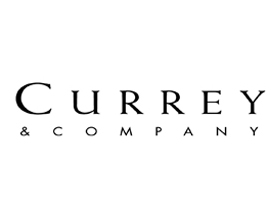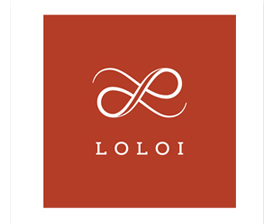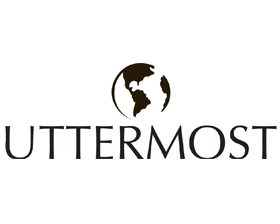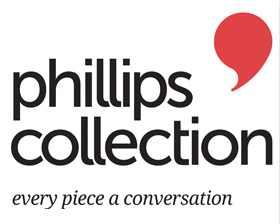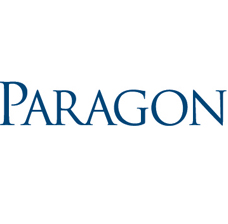 Pop Up Shops – What Are They? Can You Use One?
Pop Up Shops – What Are They? Can You Use One?
Retail vacancy is still at a high, so the idea of a pop up shop may seem confusing to some. But the reality is, a pop up shop is a (nearly) perfect solution for businesses looking to enter the retail market, introduce themselves to a new geographical area or simply want to reach a consumer audience without the hassle (ie: expenses, staffing, inventory, etc.) of a permanent store front. This also offers a great way for landlords to gain some income on empty storefronts, while also giving businesses owners an idea of how realistic a permanent store may be for them.
Pop Up What?
Plain and simple, a pop-up shop is a temporary store. Typically, a pop-up shop is located in vacant, landlord owned storefronts that are rented on a short term basis, though a pop-up shop can open practically anywhere. Many pop-up shops open for long, 3 day weekends while some open as long as six months. But on average, a pop-up shop opens and closes within just a couple weeks. While this may seem like a short amount of time for a lot of effort, the pop-up shop expectations are not equal to a typical store. Merchandising, fixtures and other expected store features are set up on a temporary basis, therefore less is necessary as well as less is expected from customers. Don’t let this fool you, though. Pop-ups can still look great, particularly with good budget planning.
Are They For You?
There are a variety of reasons pop-up shops have been successful. Some top reasons why pop-ups work well are listed below.
1. To gain attention for your business. Between the media interest and the interest of everyday consumers passing by your pop-up, you are almost certain to gain new customers.This combined with proper PR planning and marketing offer a great avenue for new exposure.
2. To get rid of excess inventory. Online companies often want to clean house without dealing with a massive online sale. A pop-up can be a great alternative for them. Likewise, companies looking to simply get rid of inventory – whether new or old – can use pop-ups to effectively reach a consumer audience in an exciting outlet. Some smaller companies have even shared a pop-up shop to offer more to customers while reducing overall overhead for them.
3. To test new markets. Often businesses are successful in one area and naturally, want to expand to another. Pop-ups allow for business owners to determine if an area is right for them before investing deeply in real estate contracts, overhead and much more.
4. To try a new business idea. Some pop-ups are used simply to test the waters. Whether offering a product or a service, a pop-up can allow you to gain customer feedback and really determine if your idea will be successful year round.
5. To make money and to save money. Money is always an issue. While it will cost money to open a pop-up, it could save you money long term. Traditional expenses include insurance, rent, merchandising fixtures, inventory, and staffing.



